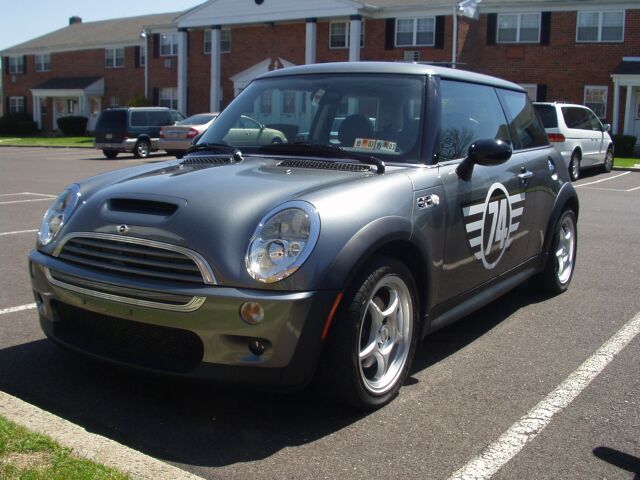- Joined
- Jan 29, 2014
- Messages
- 3,147
- Reaction score
- 4,785
- Location
- Sector 7G
- VCDS Serial number
- HC424490
I shouldn't expect anything less from a company that sells tire pressure sensors but I got a laugh out of this:
http://www.tpmsmaderight.com/direct_vs_indirect.php
"Research undertaken by fast.MAP on behalf of Schrader has revealed that 69% of drivers do not wish to undertake the responsibility of manually resetting an indirect TPMS system. "
Really? REALLY?
So customers don't want the responsibility of checking their own tire pressures then pressing a reset button within reach of the seated driver, to reset the system. Instead they prefer spending who knows how much extra for the sensors/antennas/control module in a new car, then what $300-500 for new sensors every 7 years or so, plus needing to have a scan tool and/or shop to initialize them. Not to mention the need to have duplicate sensors for any additional sets of wheels. I realize that part of my family's food on the table comes from VW/Audi's choice to use direct TPMS over the years (bless their hearts ) but I am ever so happy that my last three cars have had indirect ('03 MINI Cooper S, '12 Passat TDI, '15 GTI).
) but I am ever so happy that my last three cars have had indirect ('03 MINI Cooper S, '12 Passat TDI, '15 GTI).

http://www.tpmsmaderight.com/direct_vs_indirect.php
"Research undertaken by fast.MAP on behalf of Schrader has revealed that 69% of drivers do not wish to undertake the responsibility of manually resetting an indirect TPMS system. "
Really? REALLY?
So customers don't want the responsibility of checking their own tire pressures then pressing a reset button within reach of the seated driver, to reset the system. Instead they prefer spending who knows how much extra for the sensors/antennas/control module in a new car, then what $300-500 for new sensors every 7 years or so, plus needing to have a scan tool and/or shop to initialize them. Not to mention the need to have duplicate sensors for any additional sets of wheels. I realize that part of my family's food on the table comes from VW/Audi's choice to use direct TPMS over the years (bless their hearts
 ) but I am ever so happy that my last three cars have had indirect ('03 MINI Cooper S, '12 Passat TDI, '15 GTI).
) but I am ever so happy that my last three cars have had indirect ('03 MINI Cooper S, '12 Passat TDI, '15 GTI).




